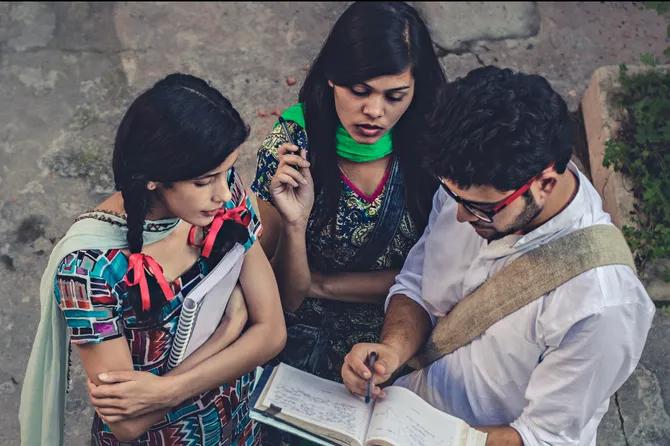
South Africa
Democracy and Governance
Institutionalizing data-driven policymaking to improve access to water, air, and energy in Cape Town
J-PAL South Asia proposes to conduct an evaluation to assess the value of community participation in the siting and implementation of irrigation canals connecting water tanks to farmers’ plots in the state of Telangana, India.
Project deployed by:


Water irrigation tanks in India are under the purview of government agencies, but the construction and maintenance of water distribution channels is most commonly left to the local community. Collective action problems typically surge as some farmers undertake the construction of canal on their plots, until one farmer or more decides not to do so to benefit from increased water supply at no personal cost. Therefore, farmers eventually do not build field channels even though they understand related potential benefits and have the required knowledge and resources to build them (Freeman and al, 1990; Ostrom and Gardner, 1993).
These issues impact all farmers dependent on surface irrigation, and especially the most marginalized ones who cannot afford expensive alternate private irrigation investments. Leveraging local collective action in identifying low cost solutions to irrigation management could therefore be more cost-effective than investing taxpayer money in building large-scale irrigation infrastructure projects including dams.
The project aims to assess, through an evaluation, the value of different community participation in the siting and implementation decisions for the construction of earth canals connecting water tanks to farmers’ plots. In particular, the study will compare a participatory “bottom-up” approach to the standard “top-down” approach in which the community plays a limited role in planning and implementation.
**The study team, led by J-PAL, has already conducted an initial pilot in 20 villages to test the feasibility and estimate the economic magnitude of community agency over channel selection and location. **The team found suggestive evidence that when the community is in-charge of decision-making as well as construction, the length of the canal constructed is longer and width uniform. In particular, giving greater voice to all farmers through secret ballot significantly increased their satisfaction over both choice and quality of the canal being constructed compared to the “no choice” scenario. Farmers are also more likely to prefer top-down implementation, perhaps due to the additional costs involved in bottom-up implementation.
This evaluation will cover 240 villages of 15 districts in the state of Telangana, based on a random sampling of 30 plots to survey a total of 7,200 farmers. The project will administer the final survey to 8,400 farmers by additionally including all farmers along the canal constructed in the intervention, who were not part of the baseline sample. In addition, each farmer in the sample described above will participate in a simulation game to measure levels of trust among farmers. Real economic outcomes in terms of agricultural production will also be measured.
The government of Telangana recently invested in rehabilitating local irrigation reservoirs but does not have a policy for the construction and maintenance of field channels for water distribution. By leveraging local communities, this study offers an opportunity to improve irrigation resource allocation and agricultural outcomes of farmers, while saving additional public expenditure for the long-run maintenance of these structures.
More broadly, the findings from this study will help inform the state government, international donor and aid agencies on the cost-benefit of community participation in development projects focused on climate adaptation.
Projects
Projects funded by FID

South Africa
Democracy and Governance
Institutionalizing data-driven policymaking to improve access to water, air, and energy in Cape Town

Education
A digital platform to improve high school students’educational decision-making in Dominican Republic

Côte d'Ivoire
Health
Using an electric cooking appliance to combat domestic air pollution in Côte d’Ivoire